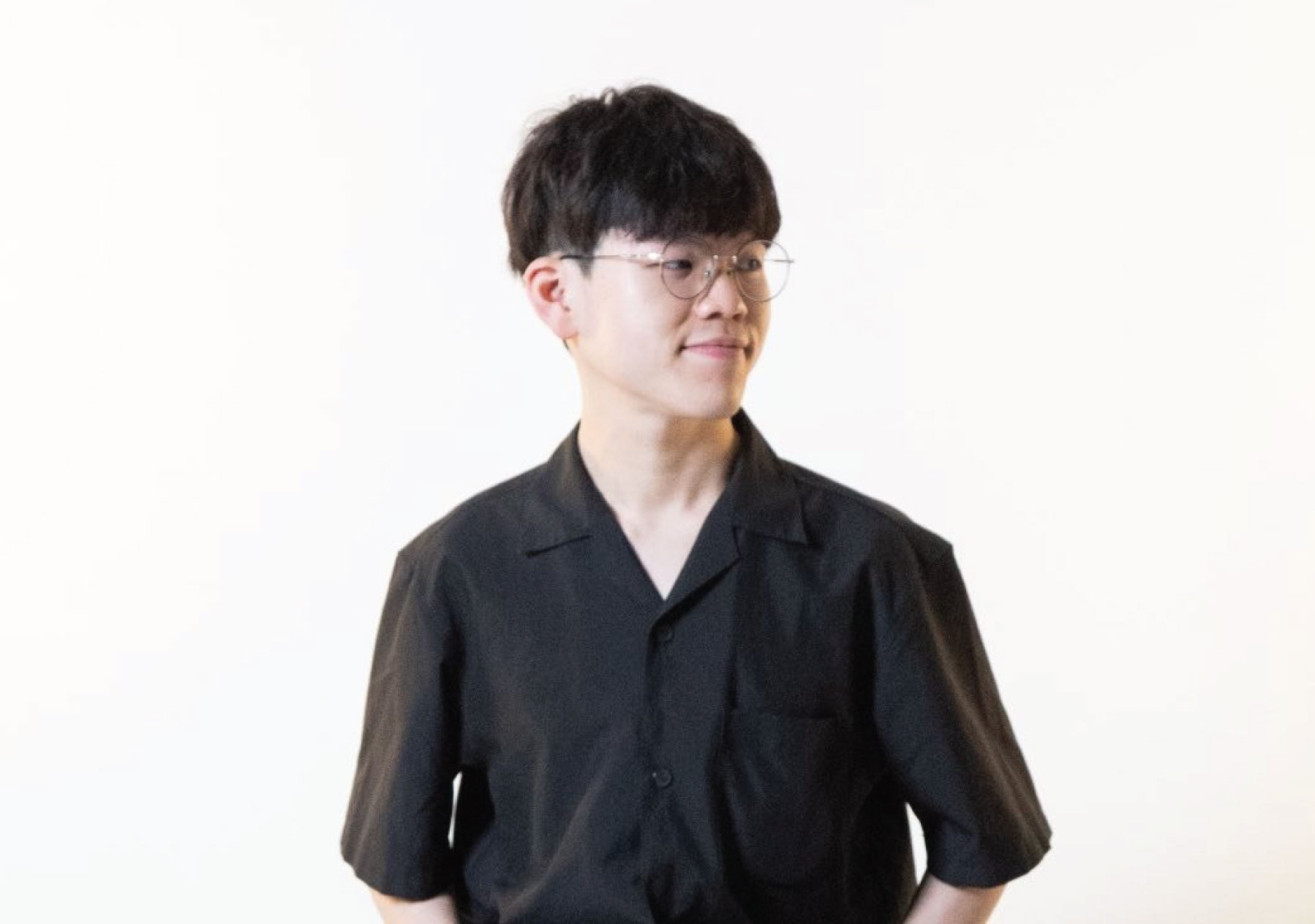Henry’s capstone project tackled the confusion in Hong Kong’s transportation system by creating a unified brand and seamless wayfinding experience. Starting with limited 3D design skills, Henry pushed himself to learn modeling and rendering, rebuilding his prototype seven times to achieve perfection. He collaborated with production experts and managed every phase of the project, from branding to full-size signage prototypes. With guidance from his mentor and support from classmates, Henry’s vision came to life.
Presenting his innovative solution at the Hong Kong Young Design Talent Award 2024, he impressed the judges with his creativity, determination, and clear ambition. Winning the award was a testament to Henry’s growth, resilience, and commitment to improving the city’s transport experience for everyone.

Mr. YIP Chun Hin Henry
School of Design
Henry’s project involved creating a unified brand for Hong Kong’s transportation system. This required knowledge of how to develop a cohesive visual identity—including logos, color schemes, and graphic elements—that could be consistently applied across different transport modes and operators. Effective branding helps create a recognizable, trustworthy, and modern image for the city’s transport network.
A key part of the project was designing clear, intuitive wayfinding systems. Henry applied principles of signage design, such as legibility, visibility, and consistency, to help passengers easily navigate complex transport hubs. The use of rounded corners and consistent industrial design elements made signage more user-friendly and visually connected to the overall brand.
Henry carefully crafted the information displayed on digital screens and signage to ensure clarity and ease of comprehension. This required understanding how to organize, prioritize, and present information so that users can quickly find what they need without confusion, regardless of their familiarity with the system or language proficiency.
Transitioning from graphic to three-dimensional design, Henry developed skills in industrial design, including 3D modeling, prototyping, and material selection. He learned to create physical objects—such as bus stop totems and signage—that are not only visually appealing but also functional, durable, and manufacturable at scale.
At the core of Henry’s project was the goal to improve the passenger experience. He applied human-centered design principles by researching user pain points, mapping the journey, and designing solutions that address real needs. This approach ensures that the system is intuitive, accessible, and provides a seamless experience for all users.
Henry started his project with limited knowledge of 3D modeling and rendering. Instead of being deterred, he embraced the challenge, quickly learning new software and transitioning from graphic to product design. This adaptability is crucial for lifelong learning, enabling individuals to thrive in changing environments and acquire new competencies as needed.
Throughout the project, Henry faced multiple setbacks, including failed prototypes and technical challenges. He rebuilt his model over seven times, demonstrating perseverance and resilience. Lifelong learners persist through difficulties, viewing failures as opportunities to improve and grow.
Henry’s journey involved extensive collaboration with mentors, technicians, and production houses. He communicated his ideas clearly, sought feedback, and worked closely with others to refine his designs. Strong communication and teamwork skills are essential for continuous learning and professional success.
Managing a complex, multi-phase project required Henry to plan, organize, and monitor his progress meticulously. He broke down tasks, set timelines, and regularly updated his mentor. Effective project and time management skills help lifelong learners juggle multiple responsibilities and achieve their goals efficiently.
Henry actively sought and incorporated feedback from his mentor and peers, using their advice to reframe and improve his project. Reflective practice—regularly evaluating one’s work and being open to constructive criticism—is a key lifelong learning skill that fosters continuous personal and professional development.
The pursuit of knowledge is a lifelong journey! To further expand your knowledge and continue your personal and professional growth. Click and explore the following learning resources:
Branding and Visual Identity Design
Continuous improvement and learning from mistakes
Communication and Presentation Skills